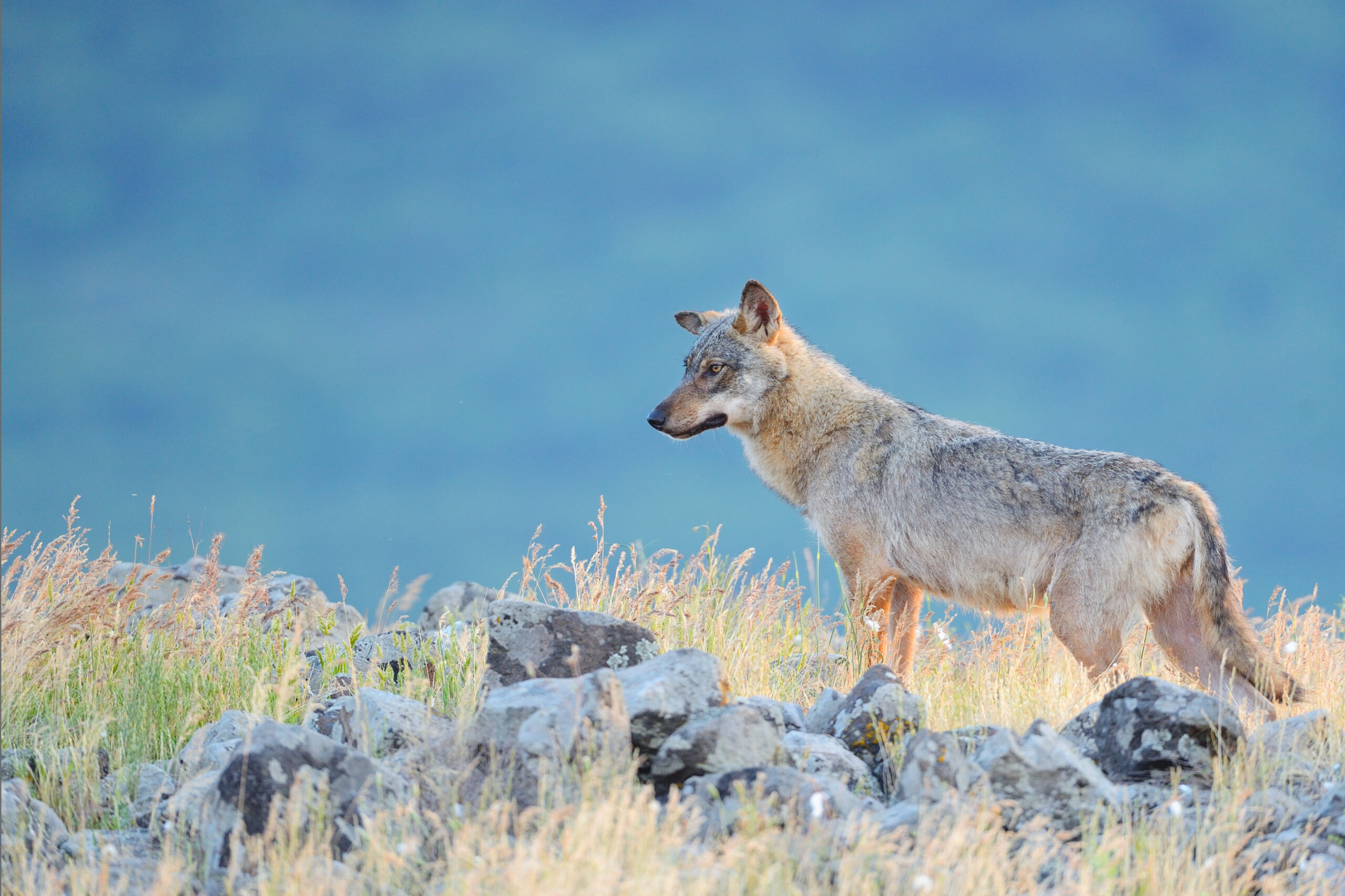As young people, we expect the European Commission, to be progressive and uphold its values by promoting non-lethal coexistence measures, which are actually effective but still not supported and mainstreamed enough, instead of taking steps to facilitate removal of wolves.
This is a joint statement from the major youth organizations that work on biodiversity at the European level, the Youth & Environment Europe network, the Global Youth Biodiversity Network Europe and its national chapters, and the European Young Rewilders network.
The undersigned organisations, as European youth representatives, want to express opposition to the Commission’s proposal to downgrade the status of wolves from ‘strictly protected’ to ‘protected’ in the Bern Convention. Only a year after the adoption of the Kunming-Montreal Global Biodiversity Framework and shortly after the approval of the Nature Restoration Law, the European Commission is weakening its environmental leadership, falling back on its ambitions under the Biodiversity Strategy for 2030 and disappointing the youth and future generations.
We want to highlight that this decision is not backed by scientific evidence, but rather driven by political interests. Evidence shows that lethal control of wolves is not effective in preventing livestock depredation. As young people, we expect the European Commission, to be progressive and uphold its values by promoting non-lethal coexistence measures, which are actually effective but still not supported and mainstreamed enough, instead of taking steps to facilitate removal of wolves.
We also want these decisions to be democratic and not be driven by vested interests and political pressures. A recently published survey reports that overall 68% of rural inhabitants (surveyed in 10 EU countries) think that large carnivores should be strictly protected, over two-thirds (72%) agree that they have a right to exist in the EU and 66% claim that EU institutions should prioritize conservation of large carnivores.

The current protection status of the wolf already allows active management when necessary (up to 900 wolves are legally killed in Europe every year). Declassifying the wolf in the Bern Convention is pointless and therefore blatantly wrong. In a clear context of the increasing demonization of the wolf in Europe and politicization of the issue for personal gains, such a decision is irresponsible. It will bring back wolf hunting to Europe after decades of moral and scientific progress, while empowering poachers.
The wolf is still in unfavourable-inadequate conservation status in six out of seven biogeographical regions found in the EU and suffers from major conservation challenges. Its populations were only allowed to rebound because of the strict legal protection that was granted to them, and still its range is extremely restricted. The Commission states that they still want to fulfill their legal objective of achieving and maintaining a favourable conservation status for wolves. Downgrading the protection status fully contradicts this legal obligation. The European Commission itself, last year, stated at the meeting of the Bern Convention that there is no reason to change the strict wolf protection under Annex II.
Wolves are a vital part of European ecosystems, and their return is a positive development that should not be limited, but welcomed with up-to-date coexistence measures. As WWF highlighted in their statement, “no former Commission President has ever proposed to decrease the ambition level of a protected species in an international forum”. It sets a dangerous precedent which could undermine future efforts to restore the EU’s biodiversity status.
We strongly encourage the Commission to reconsider this decision and we hope that national governments will uphold the strict protection status and significant conservation efforts, following best practices and focusing on modern coexistence of humans with large carnivores.